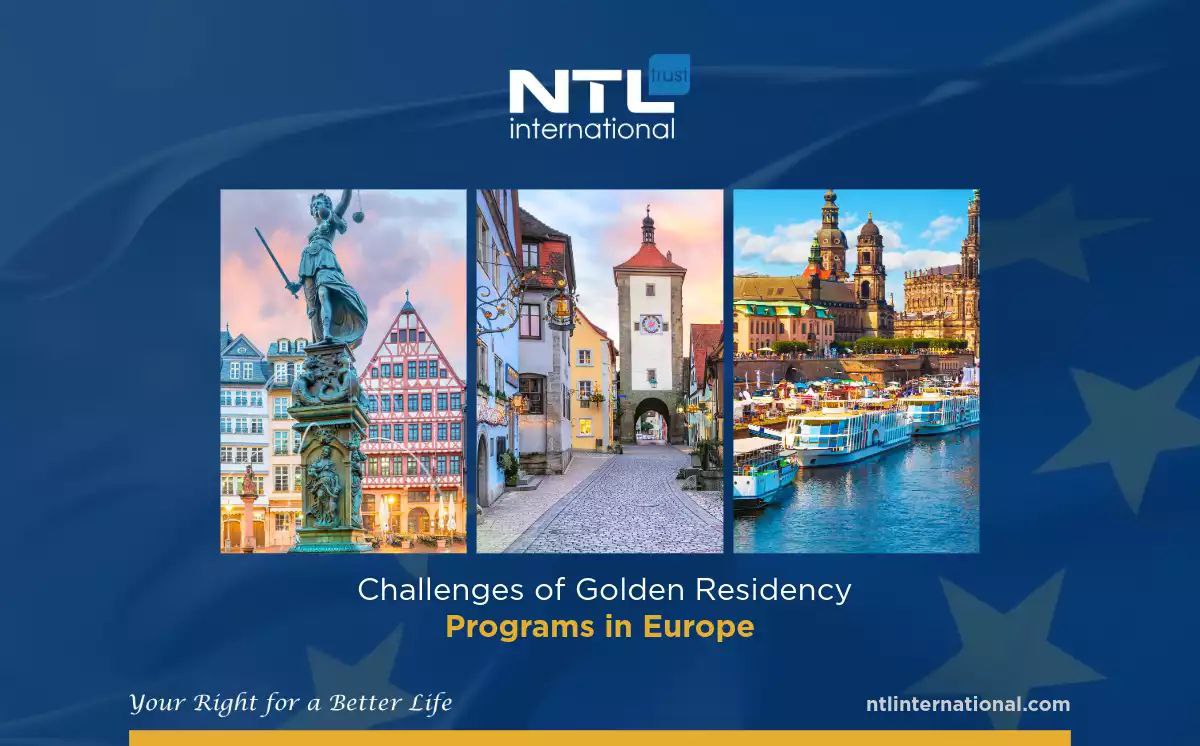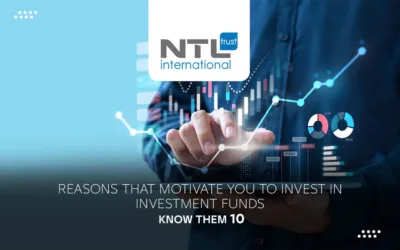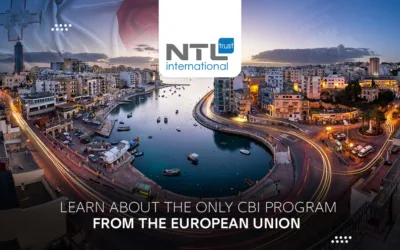
What do you know about Golden Visa Programs in Europe? Do you believe these programs will continue to offer their services? Which countries provide Golden Visa Programs?
Europe is an investment gateway for businessmen, investors, and high-net-worth individuals, especially when they obtain a Golden Visa from one of the granting countries. These programs offer numerous advantages, such as freedom of movement within Europe and the ability to start investment projects. However, these programs face numerous challenges today due to increasingly stringent and evolving regulations.
What Changes Have Affected Golden Visa Programs in Europe?
- Due Diligence: Various international oversight bodies and the European Union criticize Golden Visa Programs in Europe, believing they provide loopholes that might grant residency to undeserving individuals. Consequently, many countries have tightened their eligibility criteria through stricter procedures and increased investment costs. Some countries have even chosen to shut down their programs entirely.
- Criminal Investigation: Many Golden Visa Programs in Europe now adhere to high-security standards through criminal investigations, meticulously examining applicants to ensure that residency is granted only to those with clean criminal records and clear, legitimate sources of wealth.
- Diverse Investment Options: Golden Visa Programs in Europe initially relied solely on real estate investment. Today, there are multiple ways to obtain golden residency, as countries aim to enhance their internal economies and diversify income sources, targeting elite investors wishing to enter the European market.
What Are the Main Methods of Obtaining a Golden Residency in Europe?
- Real estate investment
- Government bond donation
- Establishing business ventures
- Launching technology projects
Key Benefits of Golden Visa Programs in Europe:
- The ability to establish investment projects in a politically and economically stable region like Europe.
- Access to the Schengen Area is a priority for investors looking to expand their business scope.
- The opportunity to live in Europe offers a safe family environment with high-quality healthcare, education, and other social services.
Challenges Facing Golden Visa Programs in Europe:
- The United Nations has expressed concerns about certain aspects of these programs, particularly regarding transparency, money laundering risks, and human rights impacts.
- Ongoing UN demands to halt Golden Visa Programs.
- Investors’ continued interest in obtaining these residencies despite rising standards in terms of costs and investment methods.
- The emergence of new programs offering golden residency without investment, such as those for innovation, entrepreneurship, and skilled workers.
Golden Visa Programs in Europe face several challenges, including:
- Increased Scrutiny: These programs are under greater scrutiny from the European Union and other international bodies due to transparency, money laundering, and security concerns.
- Rising Costs: Many countries have increased the prices of Golden Visa Programs, making them less attractive to some investors.
- Alternative Programs: New programs offer residency based on criteria such as innovation, entrepreneurship, and skills, increasing competition with traditional Golden Visa Programs.
- Political Changes: Political shifts in countries offering these programs can lead to changes in requirements or even the cancellation of programs.
- These challenges make the future of Golden Visa Programs in Europe uncertain, and countries may need to make significant adjustments to ensure
The question remains whether raising the standards for obtaining golden residency in Europe has a positive or negative effect. Some may see these changes as essential for ensuring the sustainability of these programs and attracting foreign investment. At NTL, we strive to meet all required standards and ensure that our investors have clean criminal records and clear sources of funds, allowing them to obtain golden residency without any concerns.
CARICOM Convention
The Caribbean countries launched the CARICOM Convention, which is an acronym for the Caribbean Community.
Do you know the most important advantages of investment funds?
Learn about the advantages of investment funds that provide the investor with the opportunity to experience a successful investment without the need for large capital.
St. Kitts and Nevis CIU Statement
St. Kitts and Nevis CIU Statement for 2023
Which is the only European country that offers CBI program?
Learn about the only European country that offers CBI program
After 4 years, Saint Lucia resumed receiving CBI applications from Iranians
Good news for Iranian investors, Saint Lucia resumed receiving CBI applications from Iranians





